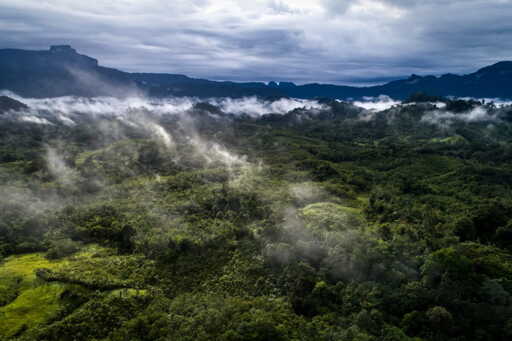Climate warming could cause much greater soil carbon losses in the tropics than previously predicted, with potentially dire consequences for the global climate, according to a new study published in Nature Communications. Tropical forests store around a third of the world’s soil carbon and exchange more CO2 with the atmosphere than any other land biome. So even a relatively small shift in the balance of carbon uptake and release by tropical soils could have a big impact on atmospheric CO2 levels and the world’s climate. Air temperatures in the tropics are predicted to increase by as much as 6° Celsius (10.8° Fahrenheit) by the end of the century, but how this will impact soil carbon stores is largely unknown. “Tropical forests house the majority of the world’s biodiversity, but they’re also these incredible biogeochemical engines that cycle huge amounts of carbon into and out of the atmosphere,” says Tana Wood, the study’s lead author and an ecosystem ecologist and biogeochemist at the USDA Forest Service’s International Institute of Tropical Forestry. The prevailing scientific view was that tropical ecosystems would be less sensitive to warming than those in higher latitudes. As a result, research on soil responses to warming in the tropics has lagged behind studies in temperate and Arctic ecosystems. To date, only two long-term field experiments have investigated how tropical soils respond to warming. One of these, which warmed soils in a Panama tropical forest, reported a 55% increase in soil CO2 emissions after two years. Now, results from…This article was originally published on Mongabay
From Conservation news via this RSS feed


